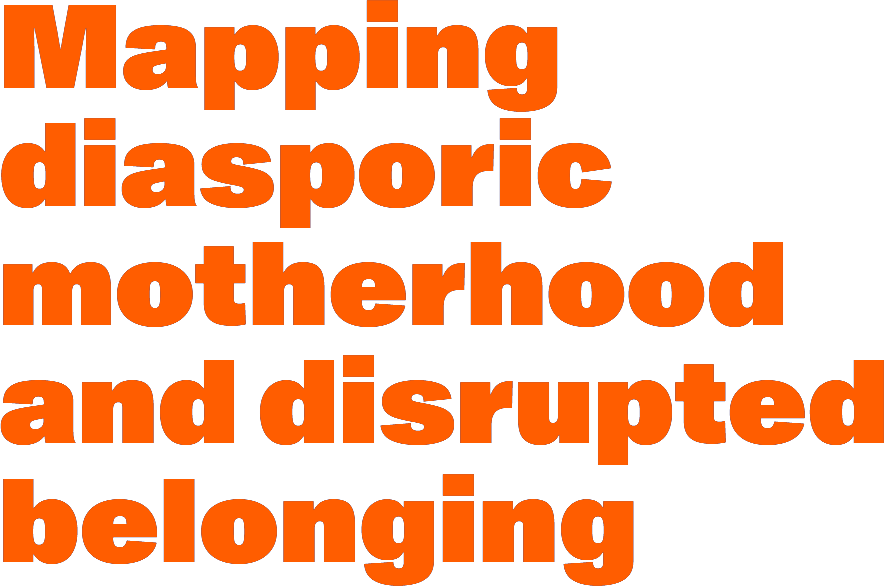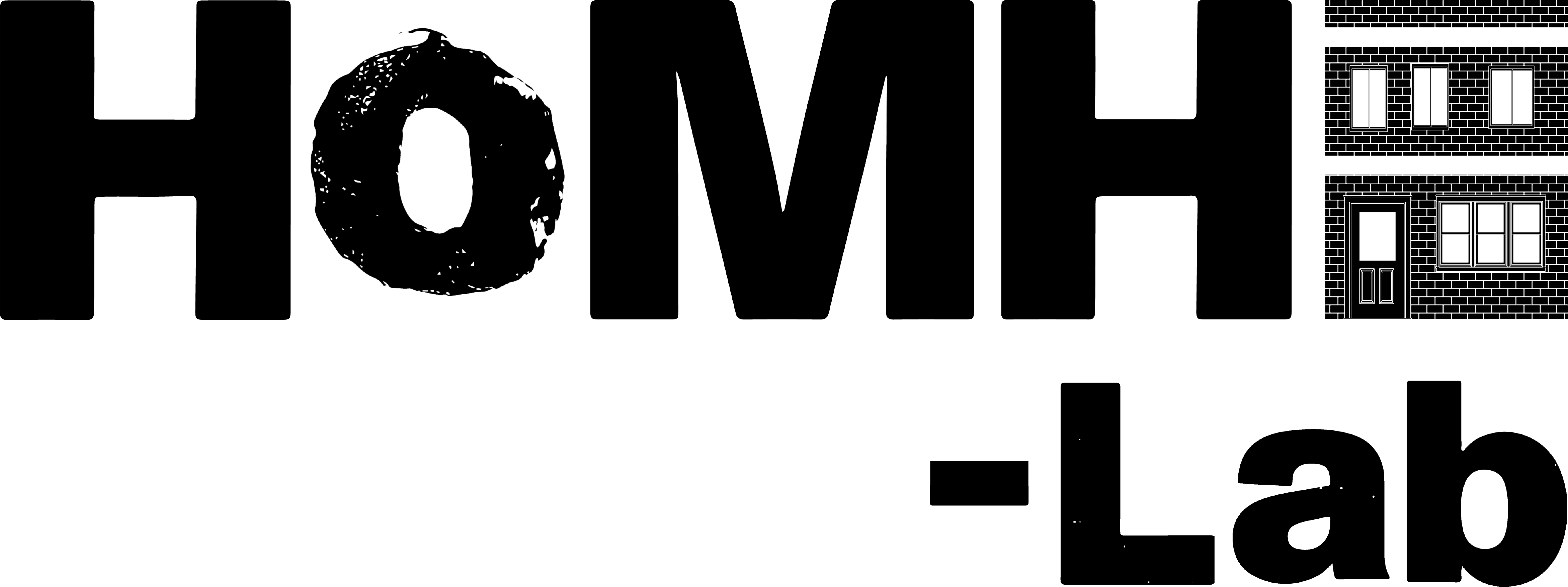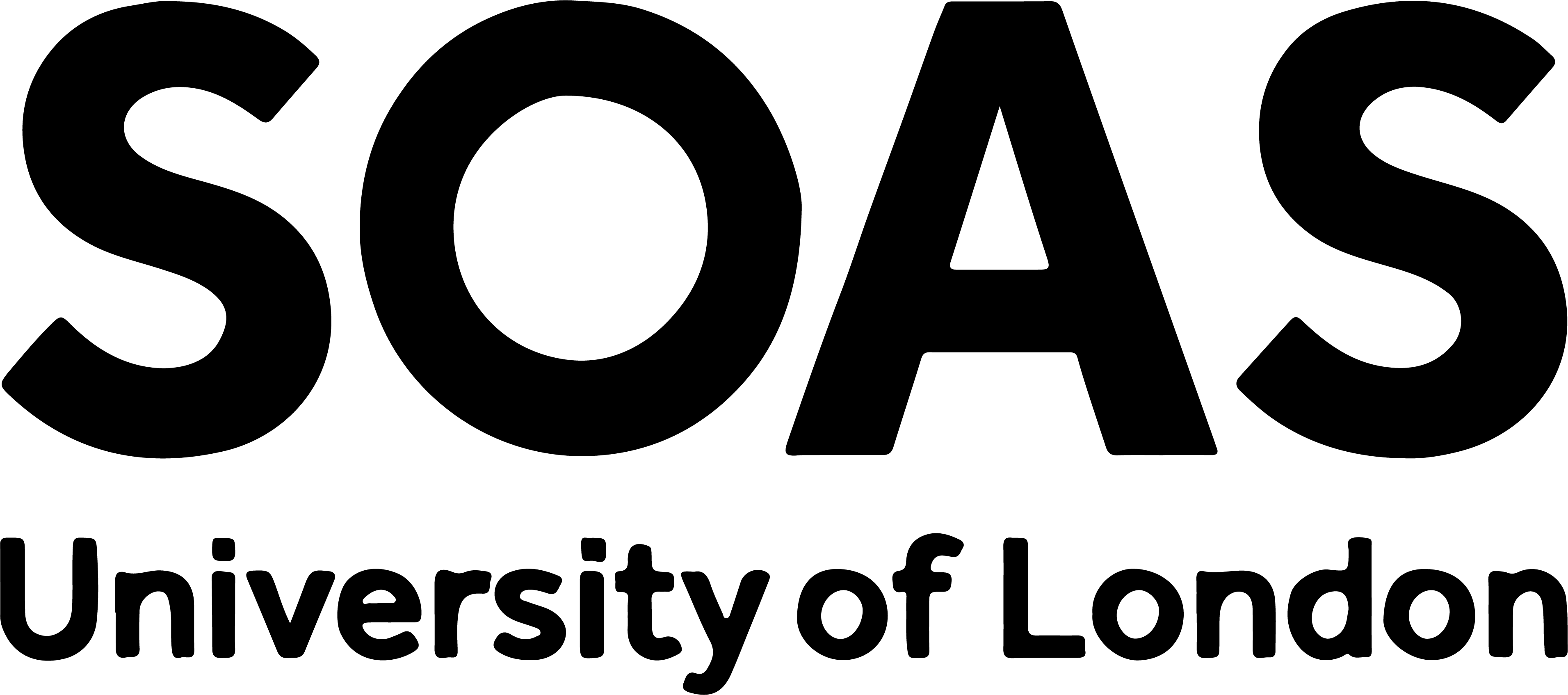
Mapping diasporic motherhood and disrupted belonging

Charlotte Sanders
Location: Portsmouth
Timeline: 2016-2018
Location: Portsmouth
Timeline: 2016-2018
PROJECT DETAILS
Portsmouth is the second most densely populated city in the UK, and the Home Office has classified it as a (so-called) ‘asylum seeker dispersal area’. Yet it has not been the object of migration research. This project explored the spatial and temporal configurations of power in Portsmouth, through ethnographic fieldwork conducted with eighteen Sudanese women, all mothers, who arrived in Portsmouth within the last twenty-five years and who live in council-allocated housing in the city. It draws upon both their visual and oral articulations of spatial openings and closures in Portsmouth to think critically about geographies of un/belonging in urban space.
Sudanese women make maps in Portsmouth; they are cartographers of the city. They produce pathways through previously unknown territories, and they reconfigure landmarks in order to remake a sense of place. Through their everyday map-making Sudanese women work to embed their lives in new local spaces and to reproduce liveable lives for their families.
Yet just as they claim space, their maps are also restricted, hyper-local in horizon and practical in their destinations, routes and rhythms. Just as they generate landmarks and pathways, there are spaces which remain unreachable, revealing an intersectional politics of im/mobility and in/visibility in urban space. By considering mundane experiences of movement ‘from one place to another in the course of everyday life’ (Hanson 2010) as embedded in infra/structures of domination, this mapping reveals the matrices of power that define the im/possibilities of everyday life in cities.
APPROACH
This research draws upon insights from sixteen months of ethnographic fieldwork. The research methods included participatory observation – walking with women through the timetables of their day – conducting informal interviews - more akin to conversations - at women’s homes or while walking together, and ‘mental mapping’.
‘Mental mapping’ required participants to sketch visual representations of Portsmouth. Women drew the maps alone and in the comfort of their own homes. Mental mapping was used as a means to animate ‘the relationship between three dimensions: power structures (the social), lived experience (the psychological) and places (the geographical) in the everyday lives of Sudanese mothers. These maps visually reflected the mothers’ oral articulations of space(-time) in the city. Additionally, the maps illuminated the interactions between everyday geography and infra/structures of power and domination.


